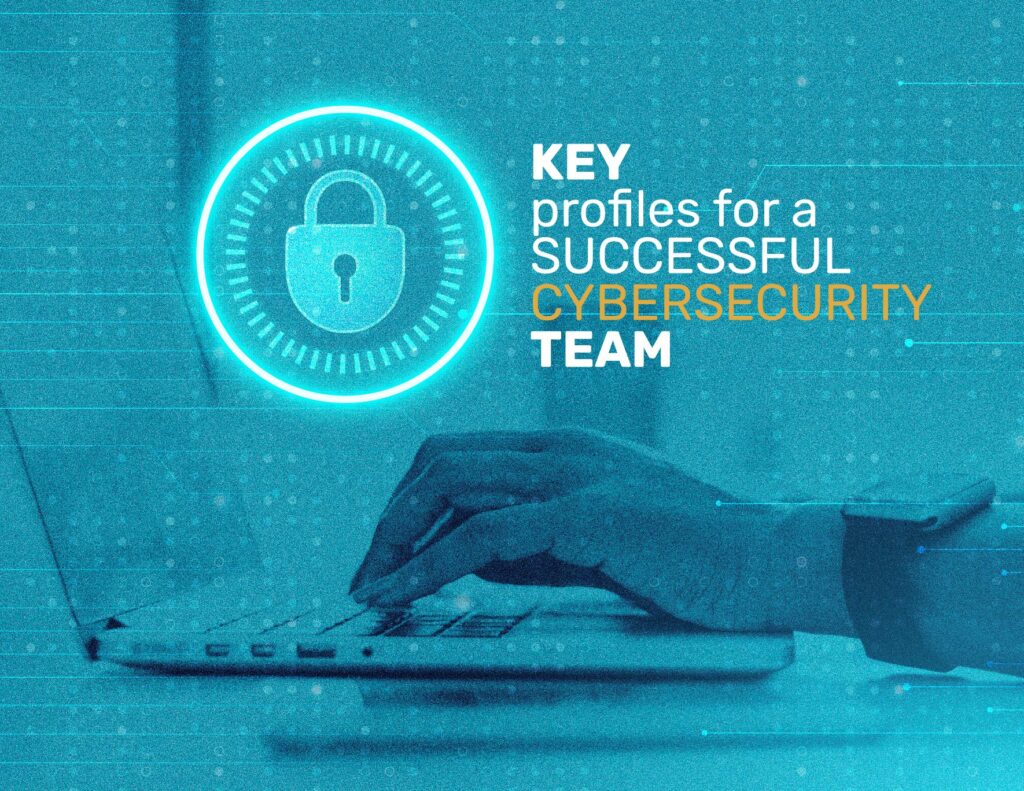Hiring security professionals has become commonplace for companies in virtually every industry. Companies need these skills to help keep sensitive data away from prying eyes, keep systems up and running, and comply with strict regulatory mandates.
As businesses work to accelerate digital transformation efforts and create a more automated, cloud-based, data-driven workplace that can support remote computers, gathering and maintaining a broad bank of IT security expertise is becoming increasingly critical.
The increasing level of cybercrime puts even more pressure on companies to keep their systems up to date and vulnerabilities corrected and to respond quickly and recover from cybersecurity incidents derived from malware, ransomware, and phishing.
The demand for qualified cybersecurity talent exceeded the supply of candidates available for recruitment before the pandemic, and that situation persists. However, with the continuing cybersecurity skills gap, companies still face competition from other companies looking for the same top candidates for critical IT roles.
So what kind of experts do you need to cover all your IT security bases? Here is an overview of typical responsibilities and valuable skills and certifications for five types of cybersecurity professionals in demand and an example of a mandatory interview question for job candidates.
Systems safety manager
When you hire a systems security manager, you hire someone to orchestrate your company’s security measures. That includes overseeing the creation of IT security infrastructure, implementing policies and best practices, managing security audits and vulnerability and threat assessments, and preventing and detecting intrusions. System security managers also often have the task of creating and executing strategies to improve the reliability and security of IT projects, such as software development.
For this position, you will want to look for a candidate with a solid technical background in systems and network security and at least five years of experience. Strong interpersonal, communication, and leadership skills are essential for success in this role, as are outstanding problem-solving and analytical skills. In addition, this person must be well-prepared to manage a diverse team of IT professionals, including security managers, architects, analysts, and engineers.
Security Architect
The job of a security architect is to find ways to stay one step ahead of all digital threats to the company’s network, from hackers and viruses to malware. For example, a security architect can enter your business, observe your IT security «home» (i.e., infrastructure) and recommend where and how to make improvements without compromising the performance of your business systems.
Security architects can perform tests to detect and monitor suspicious activities and analyze threats to help your company improve its IT security approach and reduce the risk of future attacks. In addition, security architects always think about future requirements and stay informed about relevant IT security regulations. These cybersecurity professionals need strong interpersonal, leadership, and change management skills. They can also monitor staff and work with other teams to help meet strategic IT goals, such as migrating to the cloud or building mobile apps.
Data security analyst
A data security analyst, also known as an information security analyst or computer security analyst, will be on the front line to protect your company’s systems and networks from malicious hackers and other threats that work to steal or compromise critical data. These IT security professionals must bring in-depth computer and network security knowledge, including firewall management, encryption technologies, and network protocols.
Companies are looking for data security analysts to handle critical tasks, such as conducting security audits, risk assessments, and analysis; investigating IT security incidents and addressing security weaknesses; and developing IT security policies and procedures.
Network safety engineer
To build your company’s IT security infrastructure, you’ll need the expertise of a network security engineer. For example, a network security engineer must have the skills to design infrastructure from scratch or modify an existing network to respond to emerging threats.
Cybersecurity professionals in this role may be asked to manage penetration testing exercises and work with automated testing tools. The network security engineer monitors detection and response activities and performs routine event analysis, alerts, and security notifications. Look for a candidate who is proficient in security technology, has a thorough understanding of cybersecurity threats, and can create and document security policies.
System security administrator
The job description of a system security administrator will depend on the organization’s size. For example, suppose these professionals are hired to help manage cyber security for small or medium-sized business operations. In that case, they may have a combined role that includes system administrator and network hardware and software management functions.
Meanwhile, a system security administrator in larger organizations is more likely to focus solely on security, including installing and maintaining firewalls, antivirus protection solutions, and other measures. But in any case, Cybersecurity professionals who hold the title of systems security administrator are responsible for helping companies define best practices for IT security and coordinating penetration testing to identify vulnerabilities.
Security is essential in everything about IT. No matter what other technology features your company needs to hire (software developers, IT support managers, DevOps engineers, or other specialists), look for candidates who can bring in strong security skills and knowledge. Focusing on the professionals who will keep security front and center of everything they design, build, and deliver for their business today and in the future will be essential to the organization’s maturity.


